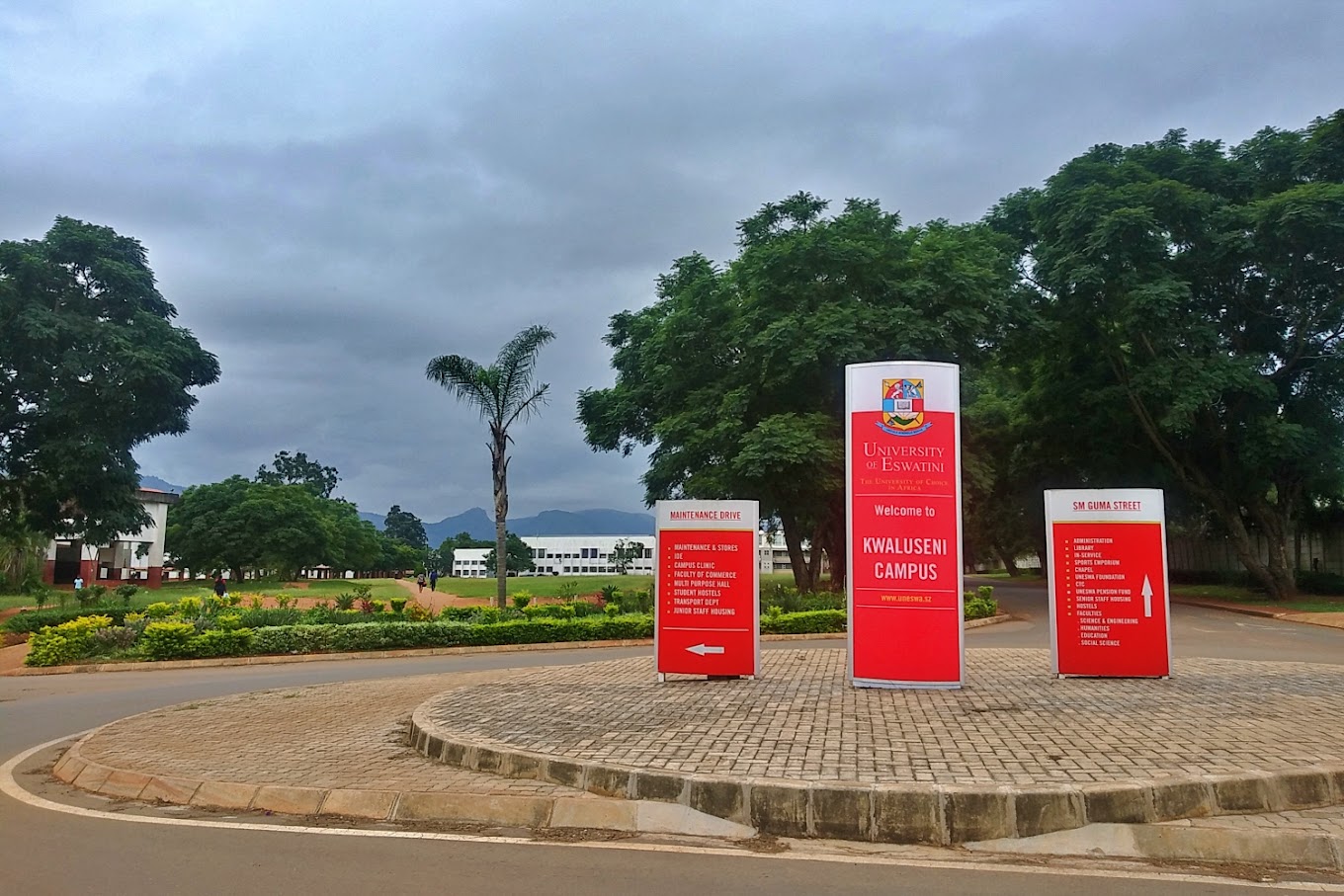By Ncaba Ntshakala
The halls of the University of Eswatini are about to echo with the buzz of a record-breaking number of students.
For the first time in its history, the university will welcome not one, but two cohorts of first-year students in August 2024, opening its doors to both the 2022 and 2023 high school graduates.
“We are looking at a larger number and don’t have the exact number, but we are anticipating a surge of 3,500 to 4,000 first-year students, a significant increase from previous years,” said UNESWA Registrar Dr Salebona Simelane.
This double intake presents both exciting opportunities and daunting challenges. The university is scrambling to prepare for the influx, ensuring that academic resources, infrastructure, and student support systems can accommodate the larger-than-usual student body.
ALSO READ: ESA awards E142 000 grant to UNESWA student
“We are positioning ourselves to expand our classroom capacity,” affirms Simelane. “This includes utilizing existing spaces more effectively, exploring different timetables, and potentially considering utilizing the Institute of Distance Education (IDE) time slots on weekends.”
Beyond physical space, the university also focuses on ensuring academic quality and a seamless transition for the incoming students. The university during the Covid-19 pandemic equipped itself with digital learning platforms.

Speaking to a lecturer in the institution who spoke on condition of anonymity said that this is a defining moment for Eswatini’s higher education landscape, and he said that such will bear substantial challenges, and he is hoping that the University will appeal for more resources so that they can embrace this large numbers.
“This will be very strenuous to everyone, and we hope that we will be able to manoeuvre through,” stated the lecturer “If we work collaboratively, we can not only manage this double intake but also turn it into a catalyst for growth and academic excellence.”
ALSO READ: Taiwan drone manufacturing company wants to set up in Eswatini 
The eyes of the nation are upon the University of Eswatini as it navigates this unprecedented chapter. Ngcebo Hlophe an educator at Mkhuzweni High School in Manzini said that in as much as it has caused an inconvenience to all parties involved the success of this double intake will not only impact the lives of thousands of students but also set a precedent for Eswatini’s higher education system as a whole.
University of Eswatini return to normal calendar marks post-pandemic progress
After four years of navigating the turbulent waters of Covid-19’s disruption, the University of Eswatini (UNESWA) is finally setting sail towards calmer seas.
With a collective sigh of relief, the University Registrar Dr Salebona Simelane shared its long-awaited return to the traditional academic calendar this year, marking a significant milestone in its journey back to normalcy. Their normal academic year begins from August to May.
“Yes, this double intake means that we will be reverting to our normal almanac which is from August to May,” acknowledges University Registrar Dr Salebona Simelane.

This return to normalcy carries a wave of optimism for both students and staff. Most students admitted now are not used to the old calendar and they shared that they are positive that it will not affect them.
Ngetile Dlamini a Bachelor of Social Sciences (BASS) third-year student said that they were admitted during the pandemic, and they only know this type of almanac which kept on changing due to the pandemic and unrest. She shared that she hopes that it will not be strenuous for them but will be an improvement.
University Registrar clarifies on false Mbabane Campus admissions
Amidst the excitement surrounding the upcoming academic year at the University of Eswatini, a cloud of misinformation has emerged regarding first-year intake at the Mbabane Campus.
University Registrar, Dr Salebona Simelane, has swiftly addressed these rumours, dismissing them as unfounded and assuring all students that the planned August intake remains unchanged.
The false information, which claimed that the Mbabane Campus would be admitting first-year students when they opened in January, caused confusion and unnecessary anxiety among prospective students and their families.


